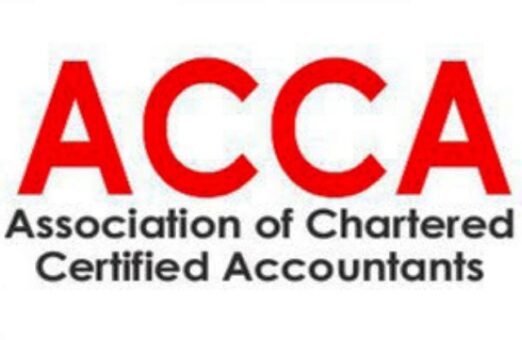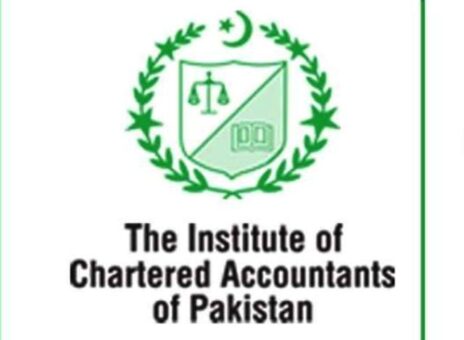KARACHI: Federal Board of Revenue (FBR) has been recommended to exempt income tax on mortgage loans in order to facilitate salaried persons.
Currently the loans obtained from the employer below Benchmark interest rate is subject to tax, said Institute of Chartered Accountants of Pakistan (ICAP) in its tax proposals for budget 2019/2020.
It recommended that the taxation of marginal income on loans obtained from the employer below benchmark rate should be exempted by deleting sub-section (7) of Section 13 of Income Tax Ordinance, 2001.
Alternatively, the minimum threshold of the loan amount on which the provisions of Section 13(7) would not be attracted, should be raised to at least Rs2,500,000 from the existing limit of Rs1,000,000.
Moreover, current benchmark rate of 10 percent of much higher than the prevailing KIBOR rates, therefore, benchmark rate should be reduced suitably to somewhere near KIBOR rate.
“Alternatively, at least the mortgage loans should be exempted from the operation of Section 13(7) of the Income Tax Ordinance, 2001.”
The institute said that this is not a significant source of revenue for the Government on the one hand and very rigid piece of legislation on the salaried taxpayer on the other hand who are hard hit by the present economic situation.
The taxation of this notional income is highly unjust since it taxes the notional income of the salaried person, which is against the basic principle of taxation since this notional income will never ever be received by the taxpayer.
Similar notional income in the hands of employees of educational institutions, restaurants, hospitals, clinics etc. is already exempt under clause (53A) of Part I of Second Schedule.
The rationale underlying this proposal is that:
a) It will boost the housing industry since in today’s economic situation and the presence of speculators in the property market it is next to impossible for a salaried employee to own a house on commercial mark-up rates. Once this industry takes off there will be provision of cheap houses and there will be increase in tax revenue from housing and allied sector;
b) It will contribute in enhancing the national economic activity by extending affordable loans and advances to middle class income group of society;
c) It will remove detrimental financial ramifications due to incremental rate of interest on notional income for all other salaried persons, who are already facing a tough challenge to survive within their paltry resources- all legally declared and tax paid; and
d) The FBR is also cognizant of this fact by stating in Clause (53A) that “any other perquisite or benefit for which the employer does not have to bear any marginal cost; and the Circular Letter 4(8)IT-J/91 dated June 30, 1991 issued by then CBR opines that “…it is not desirable to tax such notional income…”. The same principle should be applied in this situation.







